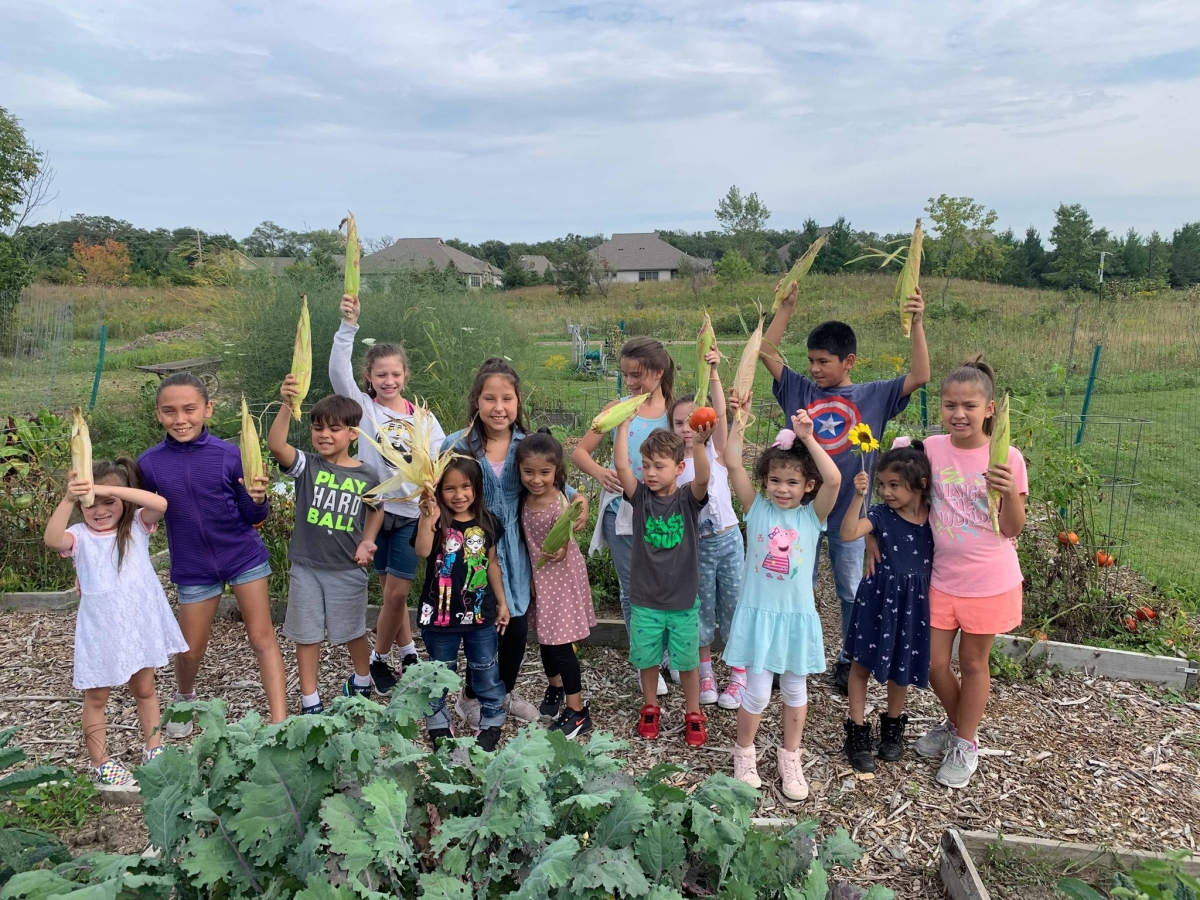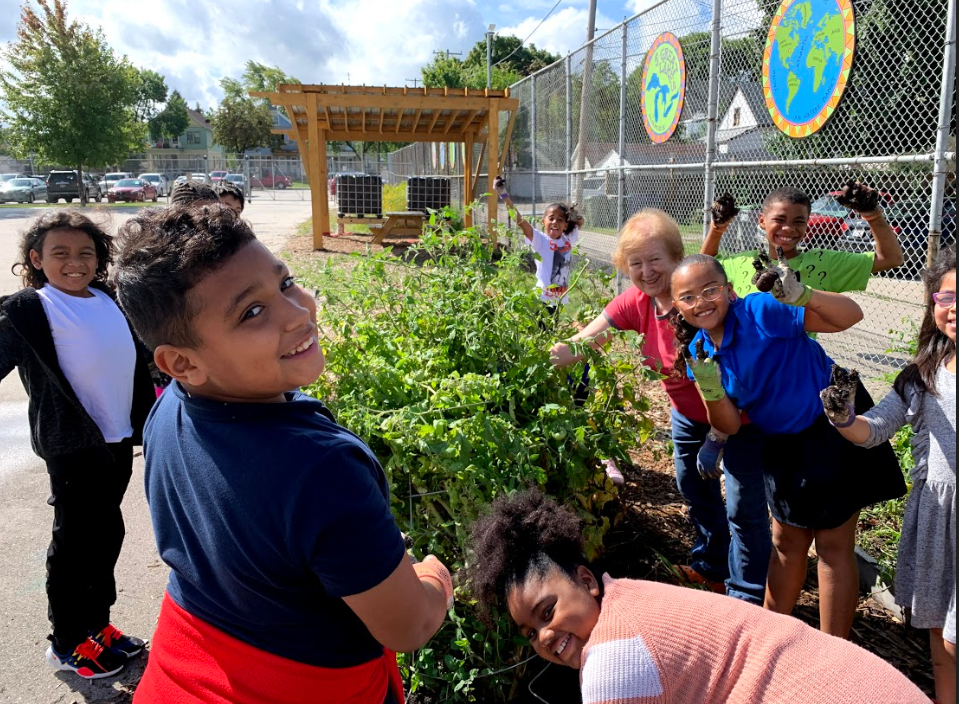The U.S. Department of Education announced the 2020 U.S. Department of Education Green Ribbon Schools and District Sustainability Awards on the 50th Anniversary of Earth Day. Three Wisconsin schools and one school district are among 39 schools and 11 districts nationwide being honored for their innovative efforts to promote and maintain a culture of sustainability.
“Congratulations to the staff and students at these recognized schools and districts who have made an impactful difference in their communities,” State Superintendent Carolyn Stanford Taylor said. “They have put forth such phenomenal efforts to promote environmental sustainability in unique ways. I am extremely proud of each of these awardees.”
Each year, the state superintendent nominates schools, districts, or early learning centers for the award. Prospective U.S. Department of Education Green Ribbon Schools must document significant achievement in reducing environmental impacts and costs, improving health and wellness, and increasing environmental literacy across nine different areas (community engagement, energy, environmental education, environmental health, health and wellness, school site, transportation, recycling and waste reduction, and water).
Wisconsin’s 2020 U.S. Department of Education Green Ribbon Schools awardees:
-
Indian Community School
-
Lincoln Avenue School (Milwaukee Public Schools)
-
McDill Elementary School (Stevens Point Area Public School District)
-
School District of Bayfield
These U.S. Department of Education Green Ribbon Schools add to a distinguished list of schools, districts, and early learning centers, bringing Wisconsin’s total to 30 since the program's inception in 2012.
Here is a snapshot of a Wisconsin’s 2020 U.S. Department of Education Green Ribbon Schools:
Indian Community School

At Indian Community School, fourth-grade students have kept a school garden for more than 10 years, growing the Three Sisters: corn, beans, and squash. They also grow ode’iminan (strawberries) and many other plants.
Lincoln Avenue School

Elementary students at Lincoln Avenue School plant and maintain 10 raised garden beds on their urban schoolyard. The Sixteenth Street Community Health Centers Kinnickinnic River Explorers Program works with students after school to go canoeing, biking, hiking, and fishing, and they offer bilingual family education workshops on water quality, stormwater management, green infrastructure, habitat, and more. Little by little, the exposure to these activities is working toward behavior change and a more environmentally-focused mindset in both students and their families.
McDill Elementary School
Last spring, McDill Elementary School held a friendly grade-level competition to see how many plastic lids and caps could be collected. Students collected almost 300 pounds of plastic lids and caps, which were then sorted in the summer by a group of students and sent to a company to be turned into plastic benches for their school grounds.
School District of Bayfield
Each year in the School District of Bayfield, students operate a maple sugar bush project on school grounds and within the surrounding neighborhoods. The project utilizes a wood-burning stove to provide the heat necessary to boil the maple sap into syrup. A grant helped facilitate the purchase of a reverse osmosis machine to begin the process of removing water - a science lesson that blends a traditional Anishinaabe cultural activity with Western science. Some of the syrup is given to students and families, some is given to the private property owners who donated their trees, and the remainder is gifted to community elders and guests who visit the school.
For more information about the recognition or nomination process, please visit www.dpi.wi.gov/environmental-ed/green-ribbon-schools or email victoria.rydberg@dpi.wi.gov.